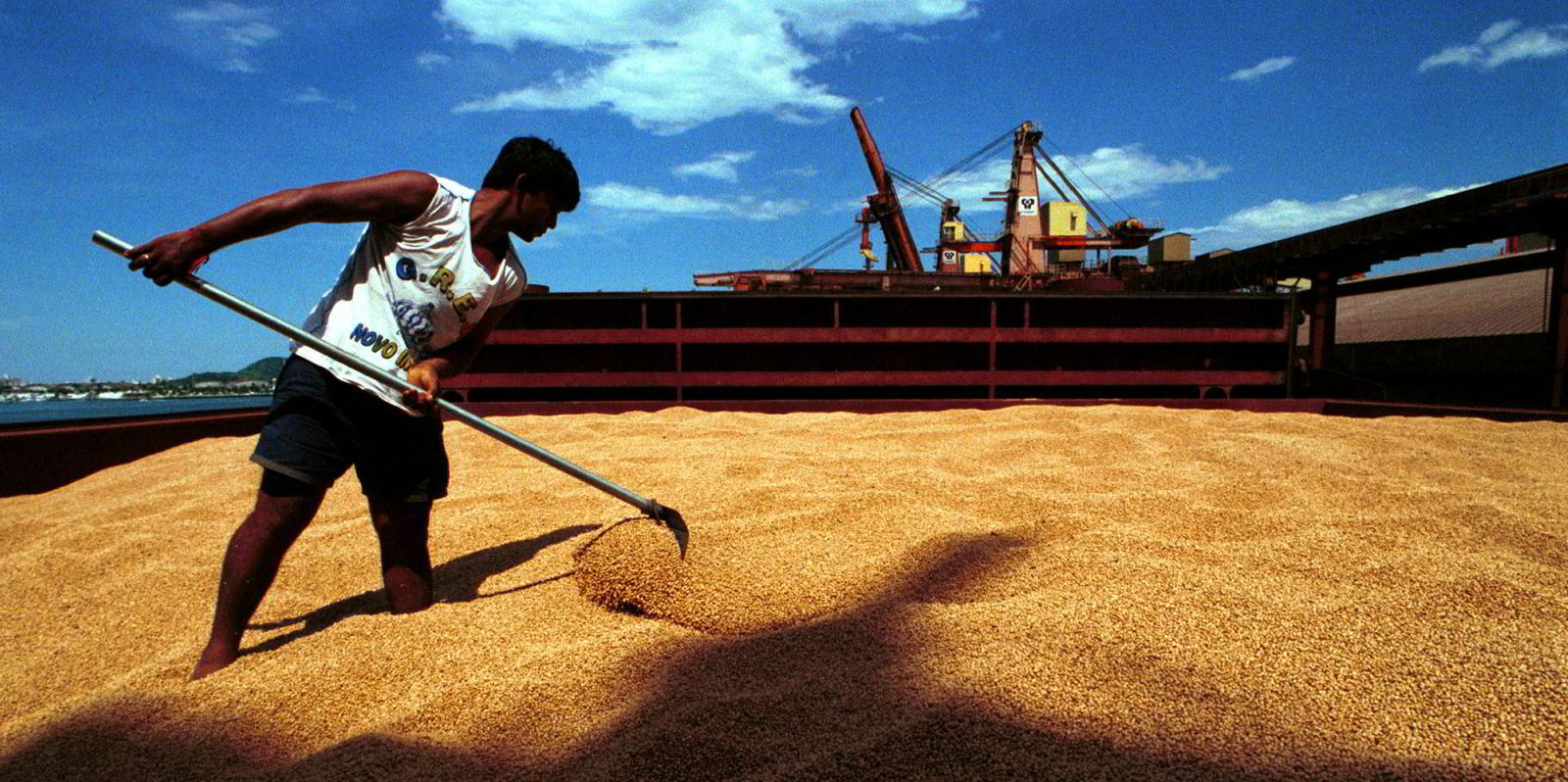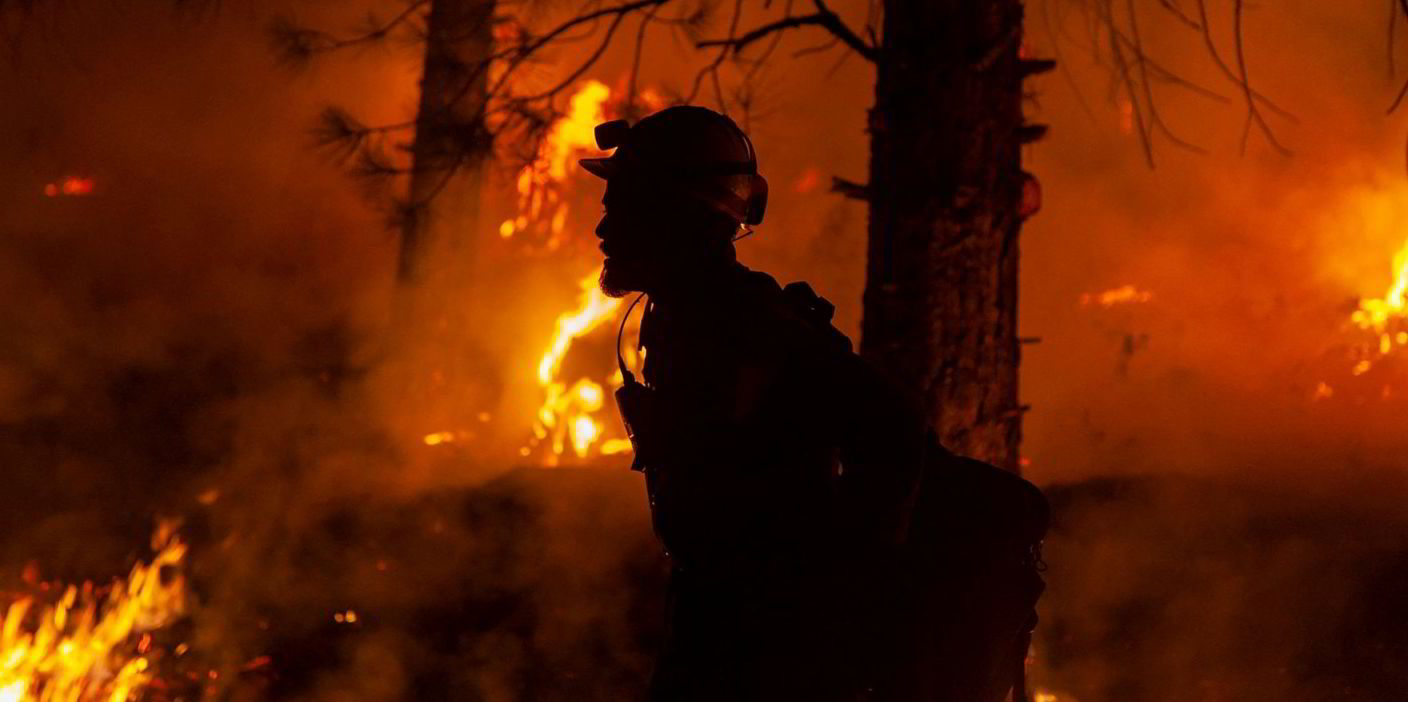It sometimes feels as though discussions taking place at the International Maritime Organization or elsewhere end up doing so in a sealed cylinder of political, commercial or economic interest.
Many get it of course but some shipping groups and maritime-dependent countries still dismiss those driving decarbonisation as eco-zealots or even journalists with unrealistic demands.
The maritime media was blamed recently by some Greek shipbrokers for being out of touch about the way they/we write about the issue.

Apparently, we underestimate the practicalities of rebooting the world’s fleet from fossil fuels to something greener.
I have no difficulty understanding the scale of the decarbonisation challenge. It is massive, even in the kind of compromise cobbled together in the new IMO CO2 reduction deal.
It is easy to vent frustration inside conference halls or offices but it is always worth remembering outside the room there is a climate crisis that could overwhelm your home, neighbourhood or business without warning. Wildfires near Athens last year surely gave a flavour of what could come.
Climate waiverers are not helped by a string of commentators in mainstream media preaching the gospel of complacency or non-compliance.
Yet we know that 99% of the world’s scientists are emphatically convinced of the acute need to take action with the utmost urgency.
We have just heard the United Nations record what is likely to have been the hottest seven days on record.
As I write this article, there are reports that six people have died and others missing as “the heaviest weather ever” triggered landslides in various parts of Japan.
Canadian forest fires recently put New York City under a noxious orange smog amid concerns the catastrophe could further push a feared economic downturn in North America.
But as Larry Elliott, the Guardian’s respected economics editor, wrote: “... The real recession is the ecological one.”

The US National Weather Service has just issued a warning that the south-west of the country faces “life-threatening heat conditions” potentially of up to 48C.
This is not just a big deal for those communities driven from their homes say by extreme heat, flooding or forest fires, but a huge issue for insurers — and shipping.
Complex weather science
Take one example. Argentina’s soybean production is currently down 43% year on year over the 2022/2023 marketing period at 25m tonnes, according to the US Department of Agriculture.
In fact, the local Argentinian grain exchange figure is even lower at 20m tonnes, forcing the third-largest soybean producer to feed its local grain crushers with imports.
At this moment, Argentina is the second-biggest importer after China of soybeans from Brazil, the world’s number one producer ahead of the US.
Nothing can be said with 100% certainty to be caused by global warming, given the complexity of weather science, but it is highly likely to be a big part of the problem.
Now on this occasion, it should benefit the maritime business but often it won’t.
Data from AXSMarine published in the BRS shipbroker’s weekly report shows a massive upsurge in this month’s trade for handysize bulk carriers between Brazil and Argentina.
A study out last week from researchers at Harvard University and the German Council on Foreign Relations highlighted the dangers of harvest failures in numerous breadbaskets of the world.
These events would lead to price spikes, food insecurity and civil unrest. We have seen food riots before.
Since early times, there has been nothing quite as dangerous to shipping as bad weather — but it is getting worse, even with modern ships. One in five vessels is lost due to this, according to insurer Allianz.
Self preservation
The human lives of seafarers are endangered and cargoes are threatened. Bloomberg estimated that 1,000 containers were lost overboard in the first four months of 2021 alone.
Bad weather also means disrupted sailings, changed routes and congested ports hit by flooding, storm surges and high winds.
In fact, docks are on the frontline as sea levels rise and are in danger of “permanent inundation”, according to a report just out by global insurer Zurich.
There may be some high freight rates to benefit from disruption in the short term but the wider picture is negative.
The Environmental Defence Fund has estimated that the climate crisis could cost the shipping industry an additional $25bn per year by 2100.
So to the still carping critics, I would say “Don’t shoot the messengers, take action”. It is all about self-preservation.





